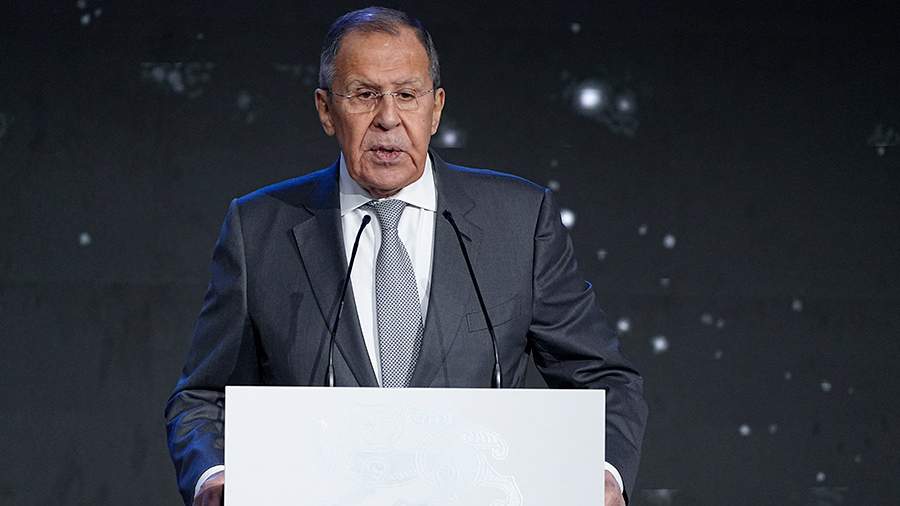Lavrov spoke about modern practices of neocolonialism

Modern practices of neocolonialism are aimed at siphoning off the resources of Asian, African and Latin American countries for the sake of preserving the dominance of the West and maintaining a high standard of living for its population. Russian Foreign Minister Sergei Lavrov told Rossiyskaya Gazeta in an interview on November 26.
"More and more participants in international communication are coming to realize that the exploitation by metropolises of their former colonies has never stopped. It has only changed form, but the goal remains the same - to siphon off the resources of Asian, African and Latin American countries for the sake of preserving the West's dominance and maintaining a high standard of living for its population," he said.
Lavrov pointed out that the methods of achieving this goal vary from sanctions pressure to forcing unequal, bondage agreements, which inevitably leads to a slowdown in the development of the states of the Global South and East.
"What looks particularly cynical is the way Westerners profit from the misfortunes of the most vulnerable countries. To give an example. After the devastating earthquake in Haiti in 2010, only 2.6% of the $2.5 billion in aid promised by the United States reached Haitian companies and organizations. The rest was "utilized" by American contractors," said the Russian Foreign Minister.
He recalled how the Western aid was used to "mastermind" blatant machinations for Iraq and Afghanistan, which the U.S. and NATO had first thoroughly destroyed.
Lavrov also gave an example of the manifestation of modern neocolonialism, noting that African countries receive less than 10% from the sale of coffee on the world market, the rest goes to transnational corporations.
"We and our like-minded global majority countries believe that it is high time to bring the principles and system of governance of the Bretton Woods institutions in line with the real situation in the world economy, where the G7 accounts for less than a third of the world GDP, and the BRICS member states - 36%," he concluded.
In September, Russian Foreign Ministry spokeswoman Maria Zakharova linked the BRICS expansion to the world's struggle against the West's neocolonialism. According to her, the doubling of the number of BRICS member countries indicates the determination of the world community to throw off the yoke of neocolonial oppression, to develop in accordance with its national interests, to preserve the traditions of civilization and to prevent the destructive influence of Western liberal dictatorship.
BRICS is an interstate association that was founded in 2006. Since January 1, 2024, Brazil, Russia, India, China and South Africa have been joined by Saudi Arabia, Egypt, Iran, Ethiopia and the UAE. Algeria, Bahrain, Bangladesh, Belarus, Belarus, Bolivia, Bolivia, Chad, Cuba, Equatorial Guinea, Eritrea, Honduras, Indonesia, Kazakhstan, Kuwait, Morocco, Nicaragua, Nigeria, Pakistan, Senegal, South Sudan, Sri Lanka, Syria, Thailand, Turkey, Uganda, Venezuela, Vietnam and Zimbabwe also want to join the bloc.
Переведено сервисом «Яндекс Переводчик»

